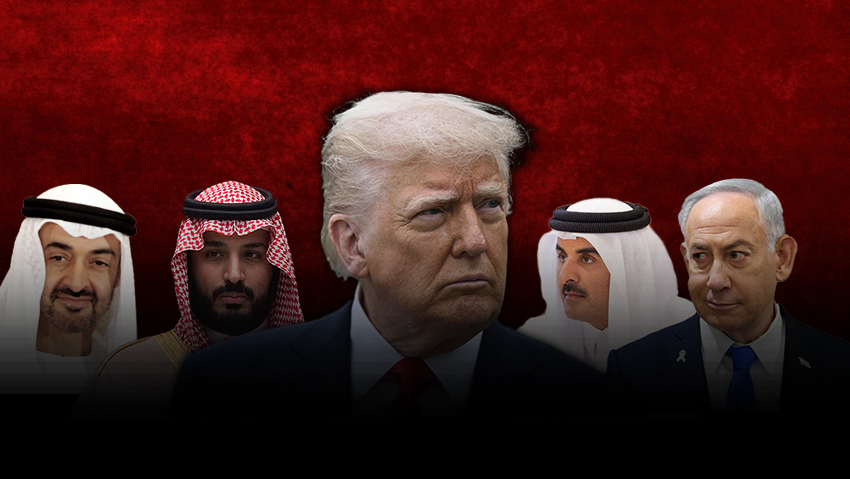Gulf States' Financial Influence Reshapes Global Politics and Policy
The Facts -
- Gulf states influence global politics through strategic investments.
- Qatar's financial leverage aids its mediation between Israel and Hamas.
- Saudi Arabia's investments impact Western diplomatic freedom.
Gulf States' Financial Influence Shapes Global Policy Landscapes
In our interconnected world, money wields power not only in economics but also in global political arenas. The influence of financial flows from Gulf states, particularly Qatar and Saudi Arabia, is increasingly felt in Washington, Europe, and Jerusalem. These states have constructed a subtle yet potent network of influence through lobbying, policy institution funding, academic involvement, and significant investments in technology and infrastructure. This development presents a challenge for Israel as it navigates its strategic position in the region.
Since the Gulf crisis of 2017, Qatar has channeled tens of millions of dollars annually into a sophisticated lobbying network in the U.S., as evidenced by Foreign Agents Registration Act (FARA) filings. A notable investment includes approximately $15 million to the Brookings Institution, a key player in shaping Washington's policy conversations.

Qatar's establishment of prestigious university branches in Doha, such as Georgetown and Cornell, extends beyond mere academic philanthropy. It aims to forge connections with Western political, academic, and business elites, thereby influencing agendas and policymakers.
Amidst its financial strategies, Qatar serves as a critical mediator between Israel and Hamas, facilitated by financial leverage and geographic proximity. Doha has funneled hundreds of millions of dollars to Gaza, including $360 million in 2021 and monthly $15 million contributions in 2018, with tacit approval from both Israel and the U.S.
Qatar's influence extends further through its investment of over $8 billion in Al-Udeid Air Base, a significant U.S. Central Command forward headquarters, impacting Washington's strategic decisions.
Saudi Arabia employs a different tactic through its sovereign wealth fund, the Public Investment Fund (PIF), which holds significant stakes in global corporations such as Lucid, Uber, and SoftBank's Vision Fund. These investments create an economic interdependence that influences diplomatic decisions.
Western governments tread cautiously on sensitive issues like oil prices, the murder of Jamal Khashoggi, and Saudi relations with China and Russia, underscoring the pace-setting power of Saudi capital.

The Gulf's financial sway affects Western policy directly, impacting Israel when Western policies are influenced by interests misaligned with its own. This impact could manifest in policy shifts toward Hamas, altered security priorities, or increased diplomatic constraints.
Direct Gulf investments in Israel, particularly in real estate, energy, and tech, pose risks of sensitive information exposure or future leverage unless managed transparently. To mitigate these challenges, Israel might consider implementing a foreign investment review mechanism akin to CFIUS in the U.S., enforcing transparency in academic funding from influential states, enhancing strategic U.S. coordination, and tightening oversight of Gulf investments, particularly in critical sectors.
Gulf investments in Western nations extend beyond economics, serving as potent tools for policy influence. Qatar and Saudi Arabia are paradigms of this reality. Israel, amid these competing interests, must develop a transparent and strategic policy to ensure that Gulf capital does not dictate its national security.
---
Read More USA Works News


